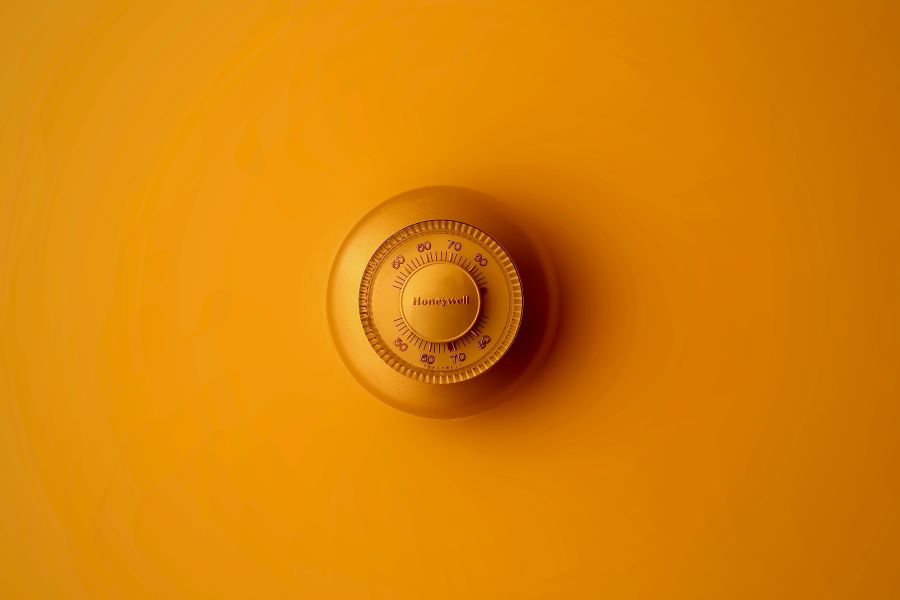Non-cumulative fixed deposits (FDs) are a popular choice for investors seeking regular income from their savings. These financial instruments provide a steady stream of interest payouts, making them suitable for individuals who require periodic income, such as retirees or those with regular financial obligations.
This blog will delve into the meaning of non-cumulative fixed deposits, how they work, and the returns they offer. Book your fixed deposit with Airtel Finance from the Airtel Thanks app today!
What is a Non-cumulative Fixed Deposit?
A non-cumulative fixed deposit is a type of term deposit where the interest earned is paid out periodically rather than being compounded and paid at maturity. Investors can choose to receive interest payouts on a monthly, quarterly, half-yearly, or annual basis, depending on their financial needs and the terms offered by the bank or financial institution. This feature differentiates non-cumulative FDs from cumulative FDs, where the interest is compounded over the tenure and paid out at the end of the term along with the principal.
How Do Non-cumulative Fixed Deposits Work?
When you invest in a non-cumulative FD, you deposit a lump sum amount for a fixed tenure, which can range from a few months to several years. The interest rate is fixed at the time of deposit and remains constant throughout the tenure. Unlike cumulative FDs, where interest is reinvested, non-cumulative FDs provide regular interest payouts according to the chosen frequency.
For example, if you invest ₹10,000 in a non-cumulative FD with an annual interest rate of 6% and opt for quarterly interest payouts, you will receive interest every quarter. In this case, the interest paid out each quarter would be ₹150 (₹10,000 x 6% / 4).
Read more: What is a fixed deposit and how does it work?
Benefits of Non-cumulative Fixed Deposits
Non-cumulative fixed deposits offer several advantages that cater to specific financial needs:
Regular Income Stream
The primary benefit of non-cumulative FDs is the regular income stream they provide. This is particularly useful for retirees or individuals who need a steady flow of funds to meet ongoing expenses. The periodic interest payouts ensure a reliable source of income without having to withdraw the principal amount.
Predictable and Secure Returns
Non-cumulative FDs offer predictable returns as the interest rate is fixed at the time of investment. This makes them a low-risk investment option, ideal for conservative investors who prioritise capital preservation. Additionally, deposits in banks are often insured up to a certain limit, providing an extra layer of security.
Flexibility in Interest Payouts
Investors can choose the frequency of interest payouts according to their financial needs. Whether you prefer monthly, quarterly, half-yearly, or annual interest payments, non-cumulative FDs offer the flexibility to select the payout schedule that suits you best.
Read more: Difference between fixed deposit and recurring deposits
Returns on Non-cumulative Fixed Deposits
The returns on non-cumulative fixed deposits depend on several factors, including the interest rate, the tenure of the deposit, and the frequency of interest payouts.
Interest Rates
Interest rates on non-cumulative FDs vary based on the financial institution, the amount invested, and the tenure of the deposit. Banks and financial institutions typically offer competitive rates to attract investors. It’s essential to compare rates from different providers to find the best deal.
Payout Frequency
The frequency of interest payouts does not affect the total interest earned but impacts the cash flow to the investor. For instance, monthly payouts provide more frequent cash flow compared to annual payouts, which may be preferable for those needing regular income.
Example Calculation
To illustrate the returns, let’s consider an example. Suppose you invest ₹10,000 in a non-cumulative FD with an annual interest rate of 6% and opt for quarterly interest payouts for a tenure of one year. The interest paid out each quarter would be ₹150 (₹10,000 x 6% / 4), resulting in a total annual interest payout of ₹600.
At the end of the year, you would have received ₹600 in interest, while the principal amount of ₹10,000 remains intact, ready for reinvestment or withdrawal.
Read more: How to apply for premature withdrawal of fixed deposit
FAQs
What is the difference between cumulative and non-cumulative fixed deposits?
In cumulative fixed deposits, the interest is compounded and paid at maturity along with the principal. In non-cumulative fixed deposits, the interest is paid out periodically (monthly, quarterly, half-yearly, or annually) and not compounded.
Are non-cumulative fixed deposits safe?
Yes, non-cumulative fixed deposits are considered safe investments. They offer predictable returns and are typically insured up to a certain limit by deposit insurance schemes, depending on the country.
How does the frequency of interest payouts affect non-cumulative FDs?
The frequency of interest payouts affects the cash flow to the investor. More frequent payouts, such as monthly or quarterly, provide regular income, while less frequent payouts, such as annual, offer larger sums at longer intervals.
Can I withdraw a non-cumulative fixed deposit before maturity?
Yes, you can withdraw a non-cumulative FD before maturity, but it may attract a penalty. The penalty and the applicable interest rate will depend on the terms and conditions of the financial institution.
What are the tax implications of non-cumulative fixed deposits?
The interest earned on non-cumulative fixed deposits is subject to tax as per the investor’s income tax bracket. Some countries may have specific tax-saving fixed deposit schemes that offer tax benefits.
Who should invest in non-cumulative fixed deposits?
Non-cumulative fixed deposits are ideal for individuals seeking regular income from their investments, such as retirees or those with ongoing financial obligations. They are also suitable for conservative investors looking for secure and predictable returns.
In conclusion, non-cumulative fixed deposits are an excellent investment option for individuals who need a regular income stream and prefer low-risk investments. By understanding how they work and the factors affecting their returns, investors can make informed decisions and maximise the benefits of this investment.


 Get App
Get App  Airtel Store
Airtel Store  Login
Login 



